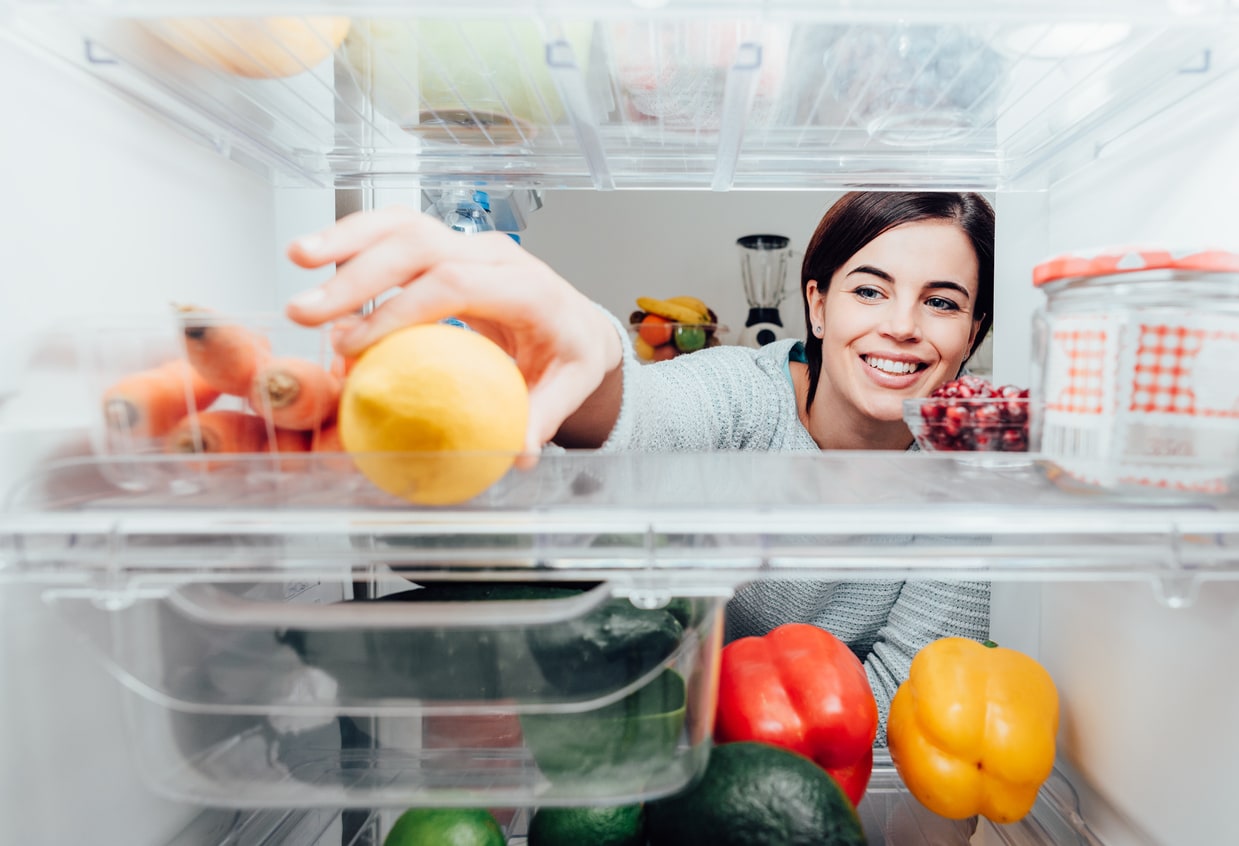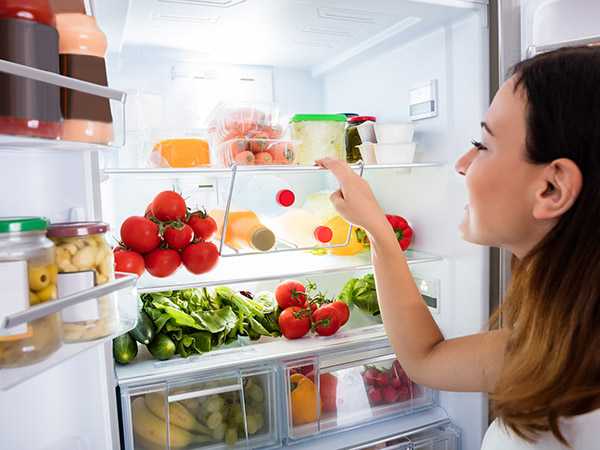QUESTION
Hi Amanda,
My grocery shopping rarely remains fresh despite my best efforts. Often, by the time I use the ingredients, it’s already spoiled or discolored in some way. Could you please assist me?
Love,
Tia!
ANSWER
Hi Tia,
Every year, nearly one in six Americans (48 million) become ill with foodborne diseases, 128,000 are hospitalized, and 3,000 die from them, making food safety a priority. The proper handling of food when storing it in refrigerators and freezers helps it stay safe. Keeping food safe in these two appliances is easy if you follow these tips:
- Don’t forget to check on expiration dates.
Check the expiration date on the package when storing food in a refrigerator or freezer to make sure it will remain safe to consume. Expiration dates should not be exceeded when storing food.
- Keep food at the right temperature.
Make sure that the temperature of a refrigerator or freezer is below 40 degrees Fahrenheit when storing food. Prior to storing food in a refrigerator or freezer, wrap it securely or place it in an airtight container. By doing this, you will prevent cross-contamination and preserve the flavor of the food.

- Keep the fridge and freezer clean.
By cleaning these two appliances, you’re preventing bacteria from growing and spreading. Remove any food particles and bacteria from the refrigerator and freezer by wiping them down with a mild cleaning solution. Also, when spills occur, be sure to clean them up immediately.
- Use a temperature monitor.
It is recommended that refrigerators and freezers maintain a consistent temperature below 40 degrees Fahrenheit by using a temperature monitor. By doing this, food will remain safe and bacteria won’t be able to grow.
You can protect your food from harm when storing it in a refrigerator or freezer by following these tips. Make sure to keep raw meat, poultry, and seafood separate from other food items. Throw away any food that has been kept for more than a week.
Love,
Amanda!







